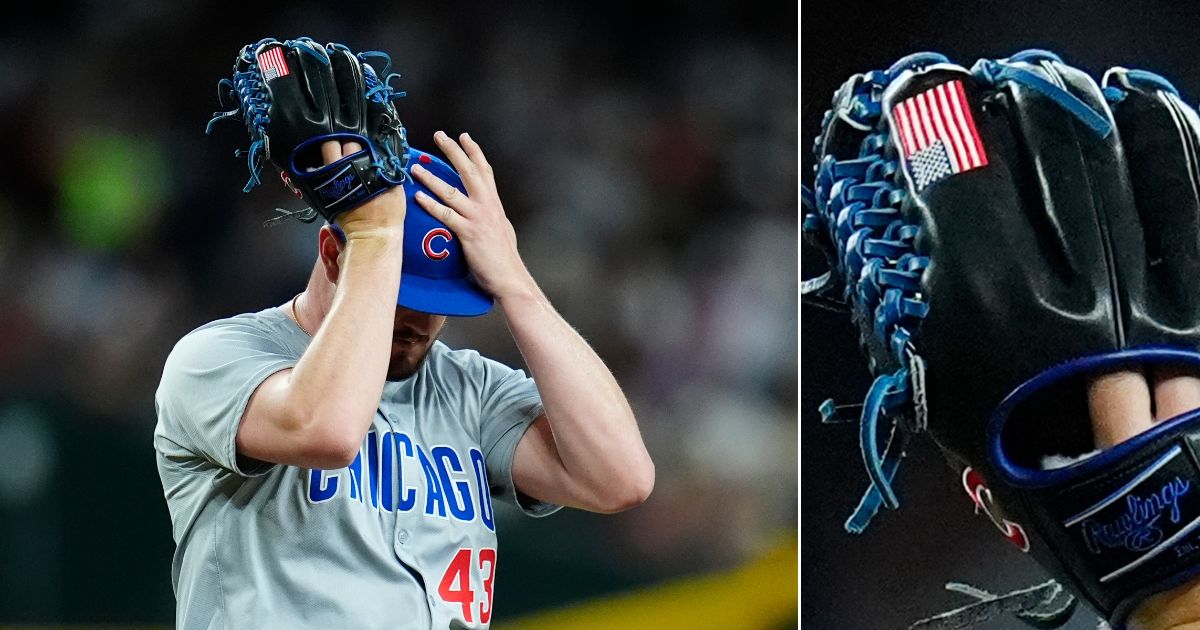Supreme Court Sides With Cops In ‘Excessive Force’ Qualified Immunity Cases
The Supreme Court sided with police officers in two separate excessive force cases, ruling that the officers in both cases were protected from lawsuits by “Qualified Immunity” legal protection.
“Qualified Immunity” has become a hot topic in debates around police reform. According to the Supreme Court, Qualified Immunity “shields officers from civil liability so long as their conduct ‘does not violate clearly established statutory or constitutional rights of which a reasonable person would have known.’”
Qualified Immunity applies to cases “when an official’s conduct does not violate clearly established statutory or constitutional rights of which a reasonable person would have known.” As the Court found, the officers in both cases were covered by
The two cases, Rivas-Villegas v. Cortesluna and City of Tahlequah, Oklahoma v. Rollice, were decided Monday morning in per curiam decisions, made by the whole court.
In the first case, Rivas-Villegas v. Cortesluna, a 911 operator responded to a call from a 12-year-old girl who said her mother’s boyfriend, the respondent Cortesluna, was using a chainsaw to damage the house, and that the girl, her mother, and her older sister had barricaded themselves in a room because they were afraid that the man was going to hurt them.
Rivas-Villegas, the petitioner, was one of five police officers who responded to the scene. Officers canvassed the house and spotted a man matching the suspect’s description. After confirming with the dispatch that the women could not get out, police entered the home and confronted the suspect. Police noticed a knife in the left pocket of the suspect and ordered him to keep his hands up. When the suspect defied orders, police shot him twice with beanbag rounds. The suspect then complied with orders to get on the ground. Officer Rivas-Villages then knelt down, placing his left leg on the suspect’s back, near the pocket where the knife was. Another officer removed the knife from the suspect’s pocket, and, once handcuffed, the suspect was taken away.
The Ninth Circuit Court of Appeals ruled that Rivas-Villegas violated precedent which “put him on notice that his conduct constituted excessive force,” but the Supreme Court ruled that the precedent, LaLonde v. County of Riverside, was materially different from the case, and therefore insufficient to make clear that the officer’s force was excessive. The Court ruled that Rivas-Villegas was therefore covered under Qualified Immunity.
In the second case, City of Tahlequah v. Rollice, three local police officers
" Conservative News Daily does not always share or support the views and opinions expressed here; they are just those of the writer."





